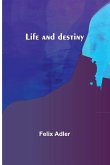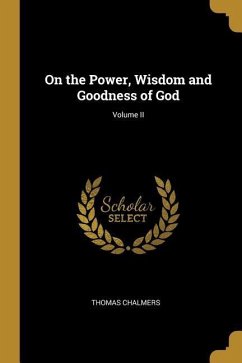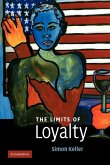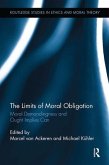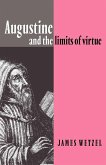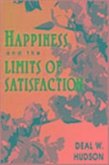We need a coherent picture of our world. Life's realities won't let us ignore its fundamental questions, but with so many opposing views, how will we choose answers that are reliable? In this series of books, David Gooding and John Lennox offer a fair analysis of religious and philosophical attempts to find the truth about the world and our place in it. By listening to the Bible alongside other leading voices, they show that it is not only answering life's biggest questions-it is asking better questions than we ever thought to ask. In Book 1 - Being Truly Human, Gooding and Lennox address issues surrounding the value of humans. They consider the nature and basis of morality, compare what morality means in different systems, and assess the dangerous way freedom is often devalued. What should guide our use of power? What should limit our choices? And to what extent can our choices keep us from fulfilling our potential?

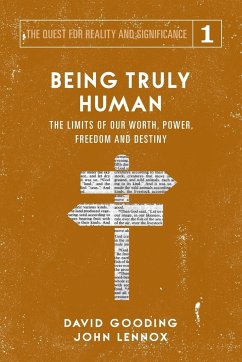
![The Destiny of To-day [microform]: Studies in Conscience and Character The Destiny of To-day [microform]: Studies in Conscience and Character](https://bilder.buecher.de/produkte/65/65504/65504174m.jpg)
